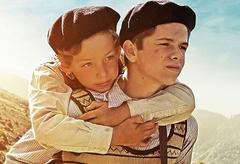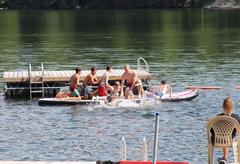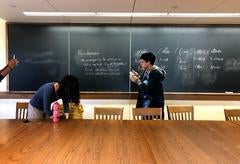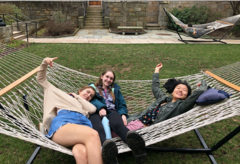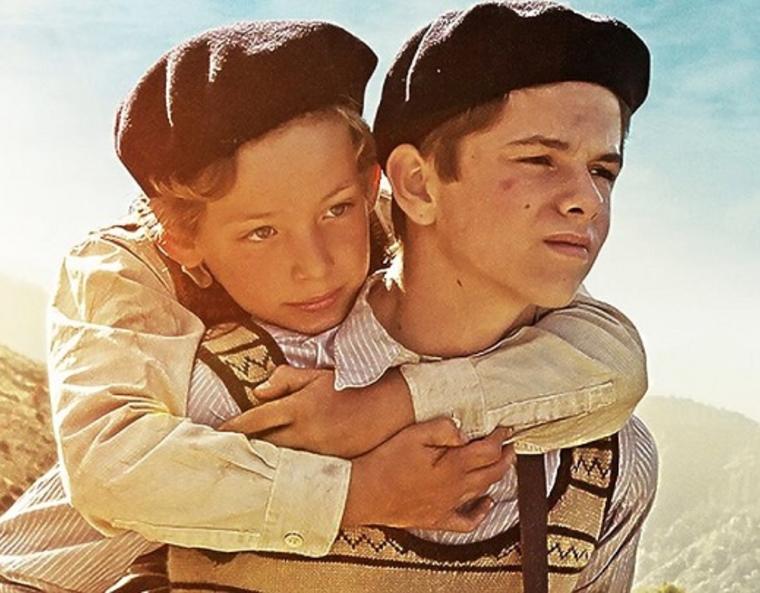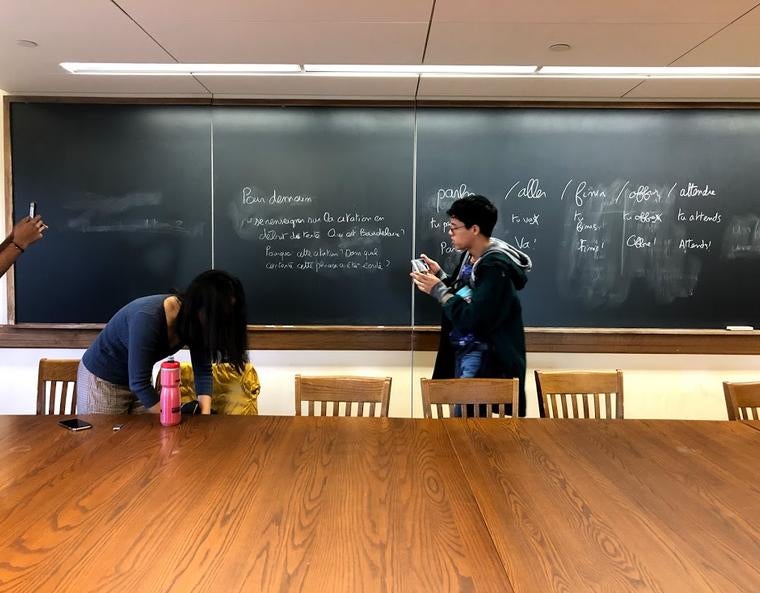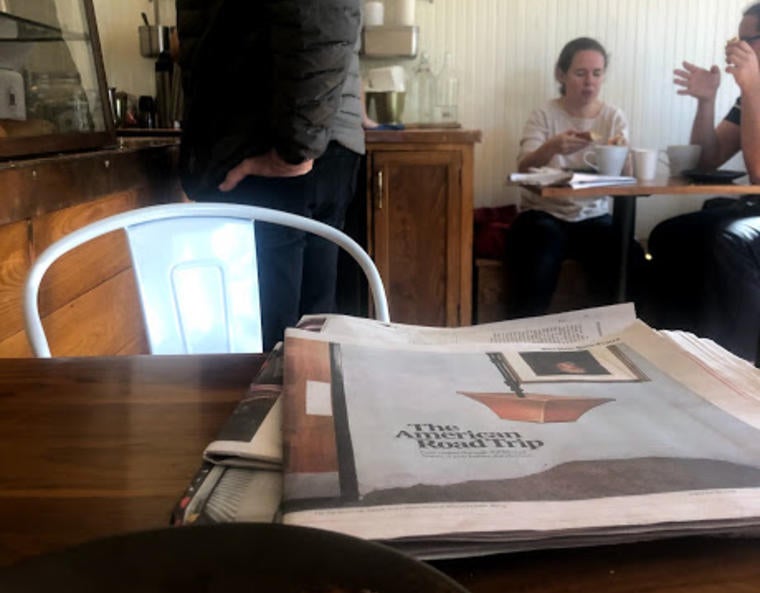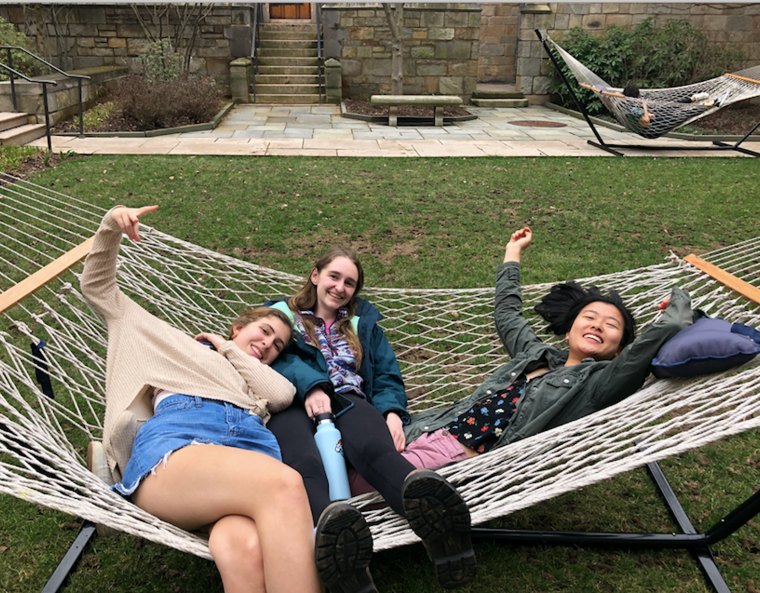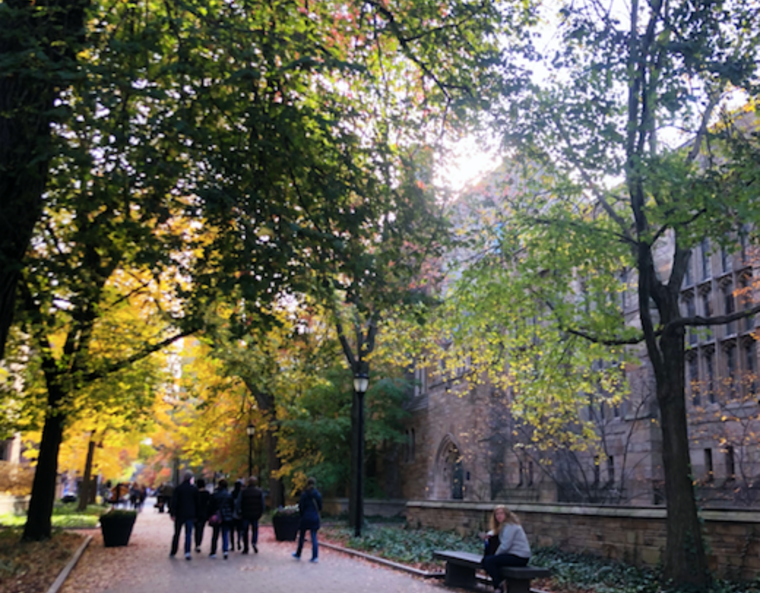
I was sitting in a class on urban development last semester when a student sitting across the table started talking about her experience living and working in the Bay Area, Chicago, and a few other cities, and how the cities compared with each other in terms of public transit, gentrification, political divides. I wondered what kind of summer internships had authorized her to galavant across the country with such zeal and where I could apply for them. Still donning the naivete of a first-year (that doesn’t really wear off, I’ve just become accustomed to being surprised), her wisdom and quick, intelligent analysis struck me. Later, I learned that she was an Eli Whitney scholar and not your average upperclassman.
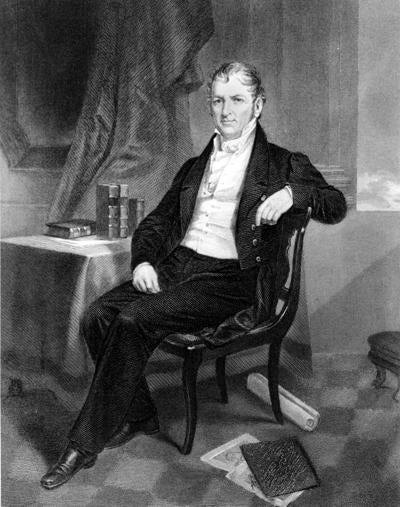
Yeah, the cotton gin guy
An Eli Whitney scholar is a student whose educational path has been non-traditional. Many started college degrees at schools other than Yale and left college to pursue employment, military service, or other exciting projects. As such, when they decide to return to school, they are older than their classmates and have quite a bit of worldly experience to shed in seminar discussions. But they also engage in extracurriculars and classes just as the typical eighteen to twenty-two-year-old student would. While Eli Whitney scholars come into Yale knowing about the age difference between themselves and other students, I definitely didn’t come into Yale expecting a twenty-seven-year-old to be in my seminar. And yet, it’s just another way that Yale’s student body exemplifies diversity in experience.
About a week ago, a Medium article by James Hatch went viral. Hatch, a fifty-two-year-old Eli Whitney scholar and veteran, writes about his expectations coming into Yale as the oldest first-year student in his class and the realities and challenges he met during his first semester. He compares them to the difficulties he faced while working in a Special Operations unit, and honestly, nothing could be more flattering. He talks about the openness his classmates have towards engaging in discussions with people of different opinions. In particular, he addresses the necessity of becoming “bridge-builders”, and foregoing the natural tendency towards defensive and combative behavior when confronting new perspectives.
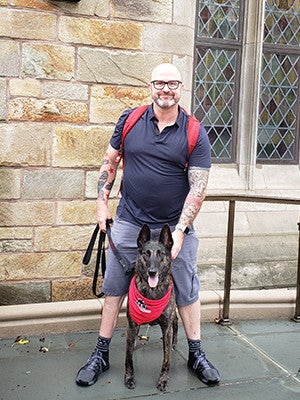
Hatch and his guide dog, Mina
Coming into college, I kept hearing that Yale produces “leaders” and that every student who decides to enroll has already been a leader in their own right. This seemed impossible–how do you have a productive classroom conversation when everyone wants to tyrannize the table? But I now think that being a leader is more about developing what Hatch was asserting in his essay. To be a true leader is to draw similarities between others and yourself, and to convince others through humble work and respect that certain ideas and goals are worth seeking.
